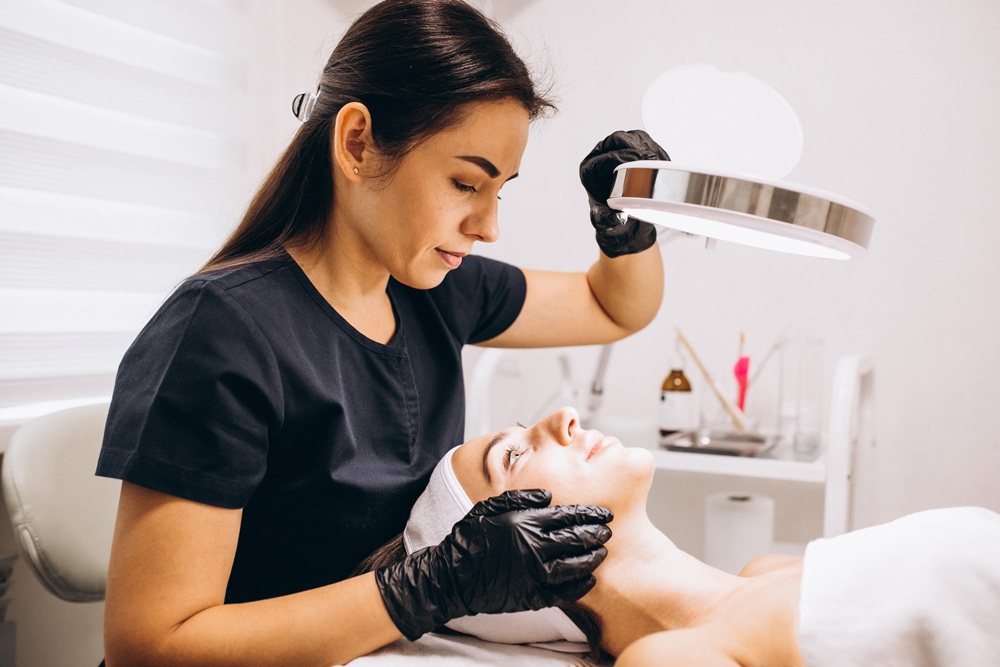When seeking skin care, choosing the right professional is crucial for your skin health. Board…
The ABCs Of Detecting Skin Cancer
How to Detect Skin Cancer – Know the ABCs
Basal cell carcinoma, squamous cell carcinoma, and malignant melanoma are the three types of skin cancer that most commonly affect patients.
Of the three, basal cell carcinomas are the most prevalent. However, they are easily treated and, in some cases, may not need surgery. They typically do not metastasize, and their removal or treatment can cure the patient. Squamous cell carcinomas attach themselves to nearby skin and tissue, if left untreated, it can become more aggressive. Melanomas often first appear as moles. It is the least common, but most dangerous. Light-skinned people and people who experience severe sunburns are most susceptible to melanoma, along with people exposed to excessive ultraviolet light from tanning beds, for example, and those genetically predisposed to the disease. Early detection and treatment of melanomas is essential.
While people with darker skin have a lower chance of contracting melanoma than lighter-skinned people, the disease can still affect them. A lifetime of heavy sun exposure can lead to basal cell and squamous cell carcinomas, no matter how light or dark a person’s skin may be.
Learn your ABCs
An easy way to remember how to detect skin cancer is by reciting the alphabet.
- “A” stands for asymmetry, denoting the irregular shape of the spot.
- “B” stands for the often blurry, irregular or ragged borders of the spot.
- “C” stands for variations in the spot’s coloring.
- “D” stands for the diameter of the spot, which is greater than a quarter of an inch.
- “E” stands for the evolving nature of the spot in terms of changes in shape, size, coloring, bumpiness, pain, irritation, or bleeding.
While this handy tactic can help you detect skin cancer characteristics in a self-evaluation, you should consult your dermatologist for a screening for any areas of concern. Your dermatologist may use a dermatoscope to screen and detect skin cancer, which is a powerful noninvasive method that can evaluate pigmented lesions and detect skin cancer.
Trust our team at Allied Dermatology and Skin Surgery to provide medical, surgical, and cosmetic skin treatment with compassion and care. Contact us or make an appointment.



